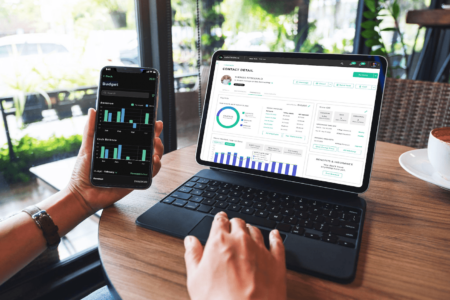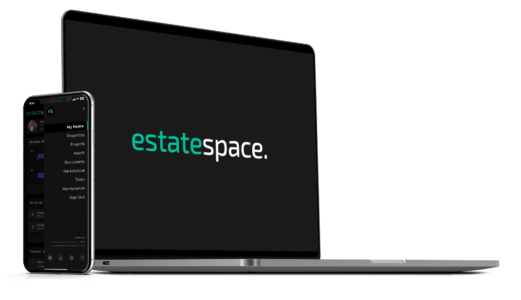Few professions require you to wear as many hats or juggle as many tasks as property management. A typical day may consist of meeting with architects and contractors about renovations in the morning; looking for an arborist to remove a downed tree in the afternoon; and fielding complaints from tenants throughout. And that’s when things are running smoothly. You also have to serve as the collections agent when the rent is due; sheriff when someone needs to be served an eviction notice; peacemaker when negotiating between warring tenants; and crisis manager after a significant storm. It’s enough to make you wonder how anyone ever did this job before smart phones and tablets.
Clearly, property management is not for the faint of heart, but for those who thrive on a fast-pace and a fair amount of chaos, not to mention a generous supply of Excedrin. If this is you, you’re probably the most organized person you know and enjoy working with all different kinds of people, from micromanaging owner-investors thousands of miles away to the local service providers you have to micromanage in order to ensure the work gets done.
And things are only going to get busier. Unlike previous economic crises, the Covid-19 pandemic has not harmed the real estate market so much as shifted it. During Covid-19, more people are renting or purchasing second homes so they don’t have to risk staying in a hotel or Airbnb. They are also revamping these residences to comfortably serve other purposes such as home offices and gyms. Moreover, experts are projecting that this will continue throughout 2021, especially in areas with growing industries. Big cities and other areas that people are fleeing now because of outbreaks, layoffs and lockdowns will also likely recover with a vengeance once the pandemic is over.
This is all great news for anyone in real estate; it has also created a greater demand for simpler, more efficient ways of keeping these properties in pristine condition. This need dovetails with the ongoing evolution of the way we use technology. The applications we once used to make life easier are, by their sheer number, proving to be a source of frustration. The trend now is moving toward all-in-one solutions that allow us to perform several tasks with just a few taps of the screen and much less drain on our mental energy. For property management, such solutions provide one secure space to:
- Review financial documents (for example, to determine whether a prospective tenant is eligible) and blueprints for repairs and improvements.
- Communicate with owners who want the property prepared for their arrival and renters dealing with the logistics of moving in or out.
- Coordinate with contractors and other vendors around work on the property, and with the real estate agents who will be showing it to prospective clients. This includes sharing of photographs and videos that show the property’s selling features or the progress of renovations.
Over the past year the home has taken on a whole new role in our lives, for many becoming both refuge and prison. At the same time, the shift to WFH has afforded us greater freedom than ever to live and work wherever we wish. It is as if the real estate industry has become both indicator and a creator of the new normal. Historically, real estate professionals have been slow to embrace technology; however, they may soon find that in order to seize these unprecedented opportunities in the physical space, they will need to start by delving into the digital space.





